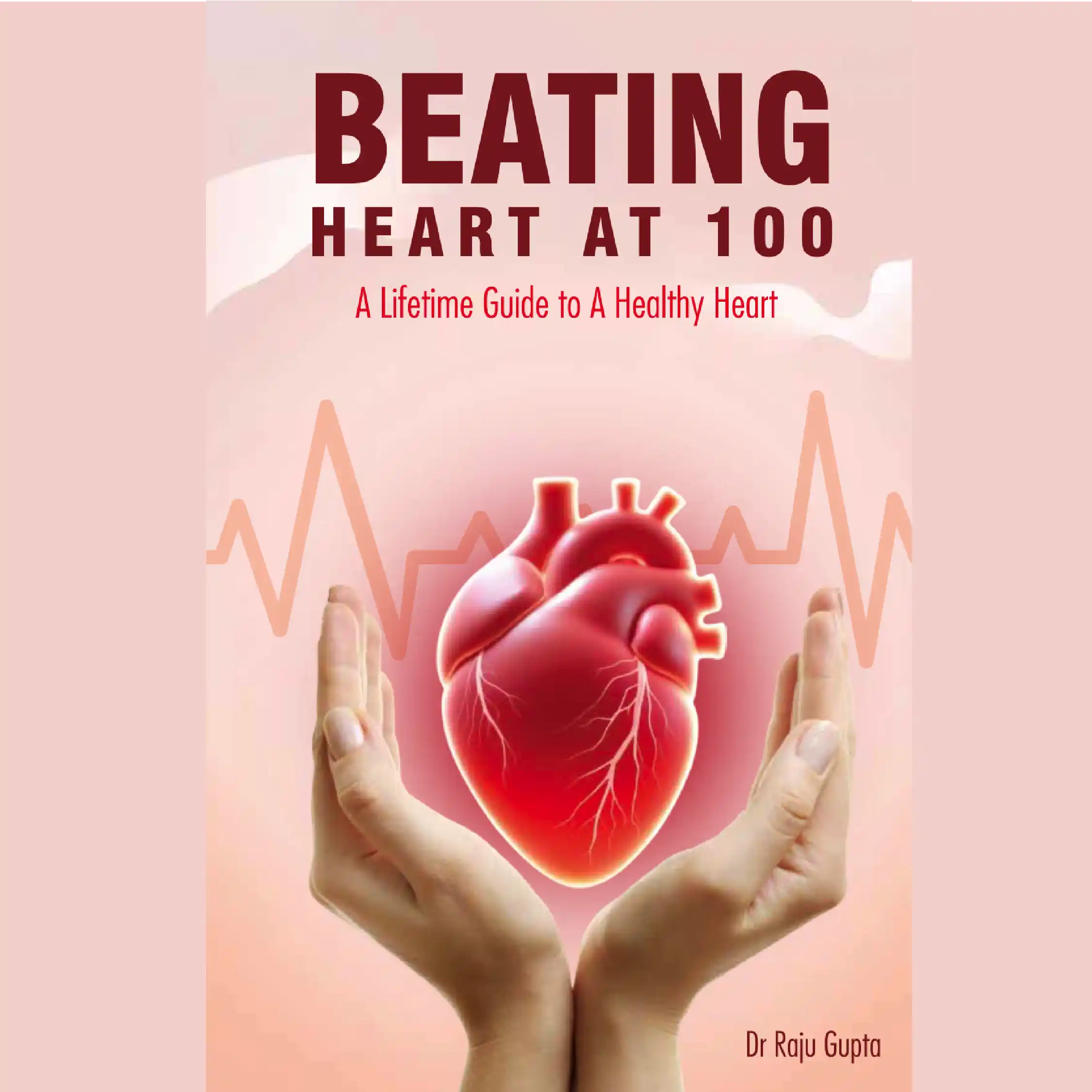The Real Science of Stress and Aging
You’ve heard of wrinkles on your skin. But your heart, your arteries, and even your DNA get wrinkled too. This happens through tiny structures called telomeres — protective caps at the end of your chromosomes. Think of them like the plastic tips on shoelaces that keep them from fraying. Every time your cells divide, telomeres shorten slightly. Shorter telomeres = older cells. And stress? It’s the scissors speeding that process up. In fact, the discovery of telomeres and their role in aging won the 2009 Nobel Prize in Medicine. Chronic tension literally makes your cells older — including the ones keeping your heart beating.How Stress Ages Your Heart
When you’re under chronic stress, your body releases cortisol and adrenaline — hormones meant for emergencies. They make your heart beat faster, blood pressure rise, and sugar flood into your bloodstream — so you can “fight or flee.” Except modern stress doesn’t come from lions. It comes from emails, EMIs, and expectations. So your heart stays in permanent “fight or flight.” And unlike a lion chase, this one doesn’t end. Over time, this leads to:- High blood pressure (arteries lose elasticity)
- Elevated sugar & insulin resistance
- Inflammation in blood vessels
- Faster telomere shortening
Humor Break: The Indian Stress Olympics
If stress were a sport, India would win gold, silver, and bronze — every year. We stress when traffic moves, we stress when it doesn’t. We stress before the job, during the job, and after leaving the job. Even our relaxation involves stress: “You didn’t go on vacation? Why not?” “You went on vacation? How much did you spend?” Our hearts are tired — not from work, but from worry.Deep Thinking: Time Isn’t the Enemy — Tension Is
Everyone’s chasing ways to “slow aging.” Collagen creams. Keto diets. Supplements that cost more than your electricity bill. But the most powerful anti-aging tool is free — peace of mind. When your mind is calm, your heart’s rhythm stabilizes, your blood vessels relax, and your telomeres slow their ticking clock. A Harvard study (2021) showed that people who practiced mindfulness and daily gratitude had longer telomeres — meaning, biologically younger cells. So the cliché is true: “It’s not the years in your life, but the life in your years.”How to Know If Stress Is Aging You
You don’t need a microscope to measure your telomeres (though that’s possible). Here are everyday signs your stress is turning into cellular wear-and-tear:- Chronic Fatigue: You feel drained even after rest — cortisol imbalance.
- Frequent Illness: Stress suppresses immunity.
- Poor Sleep: Racing mind = restless body.
- Weight Fluctuations: Emotional eating, cortisol-related belly fat.
- Irritability or Brain Fog: Stress hijacks your focus and mood.
Humor Break: “I’m Not Stressed, Just Busy” Syndrome
You know that person who says, “I’m fine, just under pressure”? That’s like a pressure cooker saying, “Don’t worry, I only hiss when I’m happy.” Stress denial is India’s national coping mechanism. We treat stress like Wi-Fi — invisible, but always on.The Telomere Truth: How to Reverse the Damage
Here’s the most hopeful part — telomere shortening isn’t irreversible. You can actually lengthen them again by changing your habits.1. Move Every Day
Exercise acts like a molecular spa for your telomeres. A 2022 study in PNAS found regular physical activity could extend telomere length by up to 10%. You don’t need marathons — just consistent movement.2. Breathe Right
Five minutes of deep, slow breathing reduces cortisol and improves heart rate variability — a key marker of cardiac resilience.3. Eat Like a Scientist, Not a Marketer
Avoid ultra-processed foods. Focus on omega-3s, antioxidants, and fiber. Telomeres love nutrients from real plants, not packets that say “fortified.”4. Sleep Before Midnight
Your body repairs DNA during deep sleep. Skipping rest is like skipping heart maintenance.5. Stay Connected
Loneliness increases heart disease risk as much as smoking 15 cigarettes a day (Harvard Health, 2023). Friendship is medicine — and it’s available without prescription.The Hidden Link Between Stress and the Indian Heart
Indians are genetically more prone to insulin resistance and central obesity — both worsened by chronic stress. So when we ignore tension, we’re not just “feeling bad,” we’re fast-tracking heart disease. We age biologically faster than most Western populations — not because of poor genes, but poor boundaries. We say yes too often. We rest too little. We celebrate burnout as ambition. And then we act surprised when the heart says, “enough.”Humor Break: Desi Coping Mechanisms
- “I’m stressed.” → “Drink chai.”
- “Still stressed.” → “Drink stronger chai.”
- “Now I have palpitations.” → “Must be gas.”




